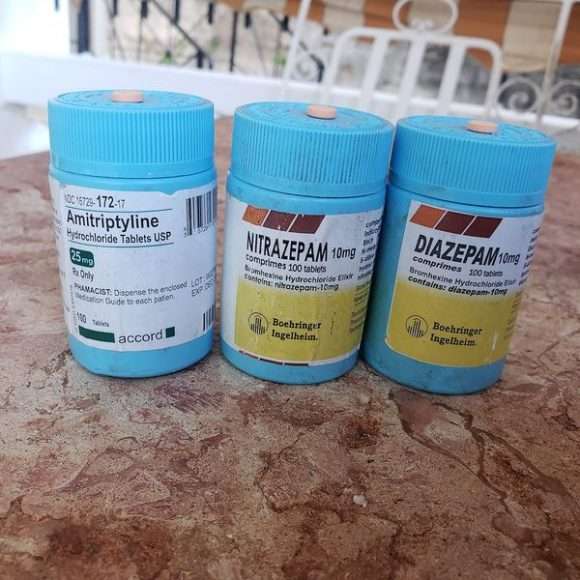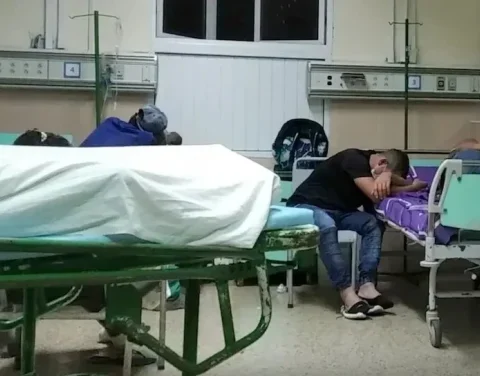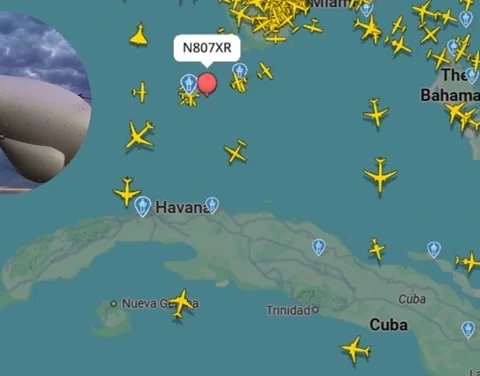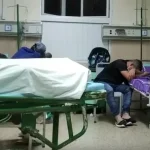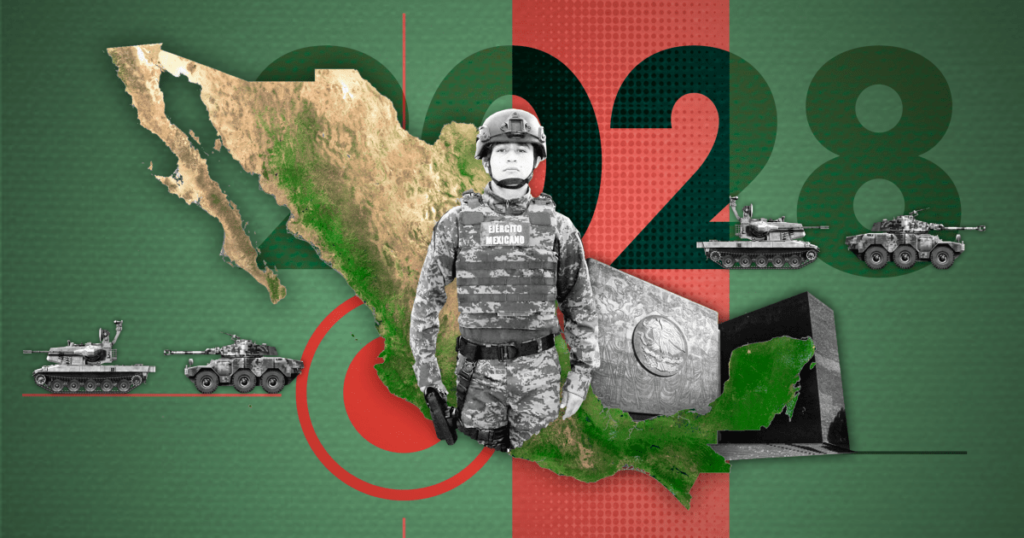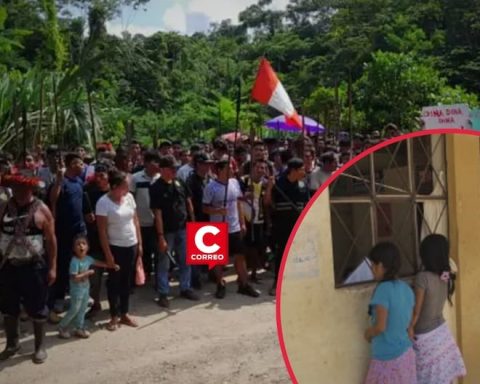The Center for State Control of MedicinesMedical Equipment and Devices (CECMED) in Cuba issued an alert about the quality of some medications purchased outside the network of Cuban state pharmacies and their possible risks.
A Risk Communicationpublished on its website, states that on October 11, the institution received, through the social networks of the Medicines Surveillance Section, the notification of a Cuban doctor who treated a patient for presenting adverse reactions after the consumption of medicines ( Amitriptyline, Diazepam and Nitrazepam) purchased outside the pharmacy network of the National Health System.
The symptoms presented by that person were extrapyramidal reaction, insomnia, asthenia and anorexia, refers a note published on the official site Cubadebatewhich cites the CECMED communication.
The entity reports that, after analyzing the photographic evidence, it was verified that the quality of the labels on the bottles was not optimal, and that the three bottles observed, despite being exactly the same, contained different medicines, from two different manufacturers.
The Cuban regulatory authority adds that the product information included in the NDC code, which contains data on marketed drugs submitted electronically to the Food and Drug Administration of USA (FDA), does not indicate that this US entity has verified the information provided by the product label.
@cubacecmed alert on the marketing of counterfeit drugs purchased outside the pharmacy network of the national health system of #Cuba :
? https://t.co/670odyxIoj
? @cubadebatecu @MINSAPCuba @YasodaEM @— Achievements of Cuban Health (@LogrosSaludCuba) October 21, 2022
In the cases of the drugs Diazepam and Nitrazepam, the CECMED points out that it was an elixir (liquid pharmaceutical form) of Bromhexine hydrochloride containing nitrazepam 10 mg and Diazepam 10 mg, respectively. However, the bottles tested contained tablets.
The note clarifies that Nitrazepam and Diazepam are benzodiazepines indicated for the treatment of anxiety and insomnia, so it does not correspond to the bronchial mucolytic action of Bromhexine, and adds that the manufacturer of the drug is Boehringer Ingelheim, although it is not specified which of its representations. However, he establishes that the pharmacological group of benzodiazepines is not among the drugs produced by this manufacturer.
The CECMED recalled that in March 2021 it issued a Risk Communication related to the Chlordiazepoxide product attributed to the manufacturer Boehringer Ingelheim, Promeco SA, Xochimilico, Mexico, which was circulating in Cuba and was classified as a counterfeit drug.
The World Health Organization (WHO) defines a falsified medical product as one that “deliberately and fraudulently misrepresents its identity, composition or source”.
Taking into account the analysis of the photographic evidence and the definition of the WHO, the publication affirms that it can be determined that the notified products such as Amitriptyline, Diazepam and Nitrazepam are counterfeit drugs, so their quality, safety and efficacy cannot be guaranteed. and constitutes an “unacceptable risk” to the health of the population.
In its statement, the CECMED requests the population to notify the email if this product or other suspected counterfeit products are detected, or if adverse events related to them appear. [email protected]
Due to financing problems that have prevented many medicines from being produced in the country, Cubans have been importing products of this type for a long time, while others are sent by family and friends, and some acquire them abroad to sell them on the informal market. .
Although in recent times the Ministry of Public Health (MINSAP) and the companies responsible for the production of medicines announced a slight recovery in the manufacture of some drugs, still Unable to meet demand and there are still many medicines with shortages and delays in deliveries.
